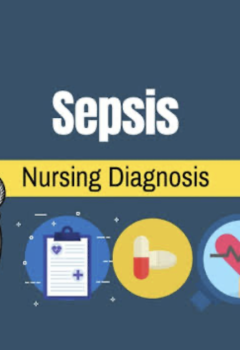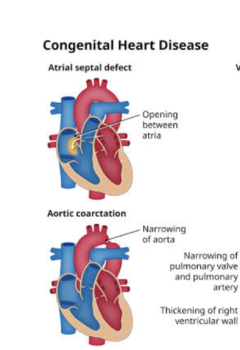SICKLE CELL DISEASE IN CHILDREN: NURSING CARE STRATEGIES FOR NCLEX SUCCESS
Sickle Cell Disease (SCD) is a genetic blood disorder characterized by the production of abnormal hemoglobin, …
SKIN DISORDERS IN CHILDREN: DIAPER RASH, ECZEMA, AND MORE FOR NCLEX
Introduction: Caring for children involves navigating various health concerns, with skin disorders being …
SEPSIS AND SEPTIC SHOCK IN PEDIATRIC PATIENTS: NCLEX ESSENTIALS FOR EARLY RECOGNITION
Sepsis and septic shock are critical conditions that can rapidly escalate in pediatric patients, leading to …
PEDIATRIC ONCOLOGY: COMMON CANCERS AND NURSING PRIORITIES FOR NCLEX
Pediatric oncology is a specialized field dedicated to diagnosing and treating cancers in children. While …
CONGENITAL HEART DEFECTS IN CHILDREN: NCLEX-STYLE QUESTIONS AND KEY NURSING INTERVENTIONS
Congenital heart defects (CHDs) are structural anomalies of the heart present at birth, affecting normal …
FAMILY-CENTERED CARE IN PEDIATRICS: HOW IT IMPACTS NCLEX QUESTIONS
Introduction: Family-centered care (FCC) is a cornerstone of pediatric nursing, emphasizing collaboration …
NUTRITIONAL NEEDS ACROSS PEDIATRIC AGE GROUPS: NCLEX STUDY GUIDE
Introduction Pediatric nutrition is a crucial aspect of child development, influencing growth, immunity, …
PEDIATRIC MEDICATION DOSAGE CALCULATIONS: SIMPLIFYING COMPLEX MATH FOR NCLEX SUCCESS
Introduction: Calculating medication dosages for pediatric patients can feel like trying to solve a complex …
FLUID AND ELECTROLYTE IMBALANCES IN CHILDREN: NCLEX ESSENTIALS
Introduction: Children are not just small adults; their bodies have unique physiological differences that …









